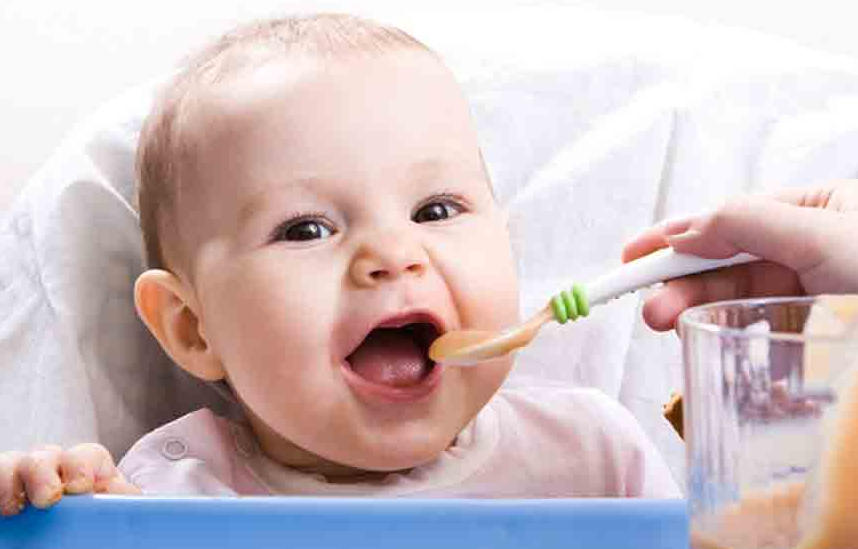Supplements for children that are the best
Some of the best nutritional supplements for children are vitamins, minerals, and medicinal plants, as well as other products in capsules, tablets, powders, or drinks, and these nutritional supplements play an important role in maintaining the body’s health. When taken early in pregnancy, folic acid helps maintain strong bones. Vitamin D and calcium are essential for healthy bones. Preventing congenital malformations in the fetus. Despite the great importance of many nutritional supplements, much of what is published about their benefits is not backed by scientific evidence. Some people’s opinions and experiences are used as evidence.

Children’s best food supplement
Vitamins and minerals are necessary for a child’s healthy development, so they should be a regular part of their diet, especially vitamin D, iron, calcium, and fluoride. In most cases, if all nutritional needs for minerals and vitamins are met by food sources, there is no need for food supplements, but if there is a defect in the child’s diet, food supplements are required. Consult a doctor if you experience any of the following symptoms:
Drinking large amounts of milk at the expense of eating other foods leads to low iron levels in the body, resulting in anemia. Basically, this condition limits the blood’s ability to carry oxygen, and some nutritional supplements are not suitable for children because they exceed their nutritional needs, so special formulations are considered for them. Here are some of them:
Liquid supplements: these are in the form of a bottle with a dropper, through which the appropriate amount of liquid can be inserted into the child’s mouth. However, it is important to note that iron supplements can contaminate the child’s teeth, so he should brush them regularly.
This method is great for children who do not like liquids, and it has a frankincense flavor that makes nutritional supplements acceptable to them, but it is important to keep them out of the box. Due to the fact that it contains components other than iron, it is suitable for children.
The powdered supplements can be mixed with your baby’s favorite foods, such as oatmeal, applesauce, or yogurt, and are free of artificial colors, sweeteners, gluten, and other allergens.
Supplements for children who need them
There are some situations in which children need nutritional supplements, but if they eat well from all sources, they often don’t need them. Here are some of them:
Children who do not consume a healthy diet on a regular basis.
Those with chronic diseases such as asthma, digestive problems, malabsorption of certain vitamins, and those with short bowel syndrome, especially those who regularly take medications.
Fast food and processed food eaters.
Plant-based diet dependent children.
Many vitamins and minerals are lost from the body when children drink a lot of soda.
A child who drinks a lot of milk will have low iron levels.
Certain types of medications, such as anticonvulsants, can cause vitamin D deficiency in children.
Nutritional supplements and children’s health
Taking too many dietary supplements can cause poisoning, caused by certain minerals and vitamins. For example, taking too much vitamin C or zinc may cause nausea, diarrhea, and stomach cramps, as well as causing more than is safe.
When excessive amounts of selenium are consumed, it can cause hair loss, digestive disorders, fatigue, and nerve damage, while high levels of vitamin D from dietary supplements can cause toxicity, resulting in calcium build-up in the blood. Weakness, frequent urination
This condition may also cause bone pain and kidney problems, such as calcium stones.


